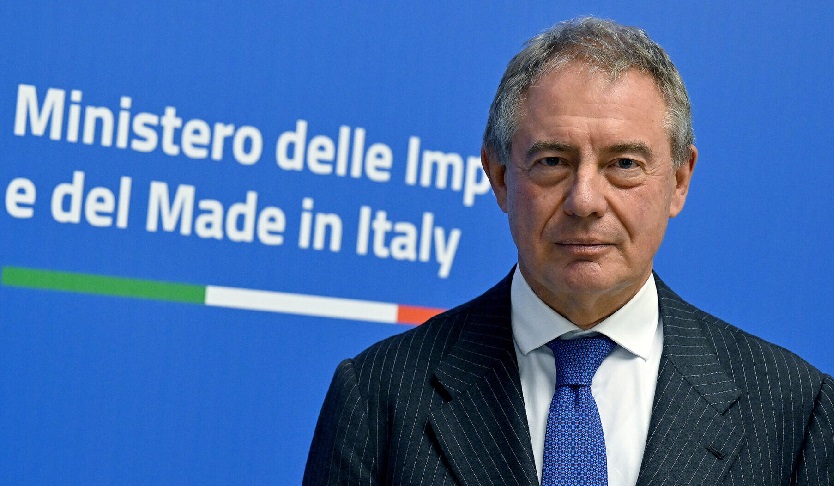Adolfo Urso, Minister of Enterprises and “Made in Italy”, criticised the Stellantis Group for not responding regarding its intention to build a gigafactory to produce batteries in Italy, warning that otherwise, the public funds allocated for its construction would be redirected elsewhere.
“We have been waiting for these responses for too long,” Urso stated last Thursday during the 45th edition of the Rimini Meeting.
“If Stellantis does not give us a positive response regarding the gigafactory project in Termoli, the resources from the National Recovery and Resilience Plan (NRRP) will be assigned elsewhere. We cannot afford to lose them because Stellantis is not fulfilling its commitments,” the minister warned in remarks reported by the Italian agency Nova.
Automotive Cells Company (ACC), a joint venture backed by Stellantis (as the majority investor), Mercedes-Benz, and TotalEnergies, has plans to build three battery plants in Europe: in Douvrin, France (already operational); Kaiserslautern, Germany; and Termoli, Italy, with a total cost of 7 billion euros.
However, in June, ACC announced the suspension of battery production plant projects in Germany and Italy due to low demand for electric vehicles, while also shifting its strategy to produce low-cost lithium batteries.
At the same event, Urso confirmed the existence of advanced discussions between the Italian government and Chinese car manufacturers who are interested in producing vehicles on Italian soil.
ACC had planned to execute the gigafactory project in Italy through the conversion of a Stellantis engine manufacturing plant in Termoli, with a total investment of around two billion euros, including 370 million euros in public grants from the Italian recovery and resilience plan funded by the European Union.
The ACC battery production plant for electric vehicles in Termoli was expected to start operations in 2026.
Meanwhile, the company has stated that it will confirm its industrial and construction schedule by the end of this year or early 2025.
Read more: Incentives and Tax Benefits: How Are EU Countries Promoting Electromobility?







